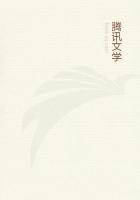Though the sovereign of the country was chosen from the Shatriya class, also called Rajputs, the Brahmans possessed the real power, and were the royal counsellors, the judges and magistrates of the country; their persons and property were inviolable; and though they committed the greatest crimes, they could only be banished from the kingdom. They were to be treated by sovereigns with the greatest respect, for "a Brahman, whether learned or ignorant, is a powerful divinity."When the Brahman arrives at years of maturity it becomes his duty to marry. He ought to be supported by the contributions of the rich, and not to be obliged to gain his subsistence by any laborious or productive occupation. But as all the Brahmans could not he maintained by the working classes of the community, it was found necessary to allow them to engage in productive employments.
We need say little of the two intermediate classes, whose rank and privileges may be readily inferred from their occupations.
The Sudras or fourth class are bound to servile attendance on the higher classes, especially the Brahmans, but they may follow mechanical occupations and practical arts, as painting and writing, or become traders or husbandmen. Consequently they sometimes grow rich, and it will also sometimes happen that Brahmans become poor. That fact works its usual consequence, and rich Sudras sometimes employ poor Brahmans in menial occupations.
There is another class lower even than the Sudras, for it is not one of the original pure classes, but springs from an unauthorized union of individuals of different castes. These are the Pariahs, who are employed in the lowest services and treated with the utmost severity. They are compelled to do what no one else can do without pollution. They are not only considered unclean themselves, but they render unclean every thing they touch. They are deprived of all civil rights, and stigmatized by particular laws, regulating their mode of life, their houses and their furniture. They are not allowed to visit the pagodas or temples of the other castes, but have their own pagodas and religious exercises. They are not suffered to enter the houses of the other castes; if it is done incautiously or from necessity, the place must be purified by religious ceremonies.
They must not appear at public markets, and are confined to the use of particular wells, which they are obliged to surround with bones of animals, to warn others against using them. They dwell in miserable hovels, distant from cities and villages, and are under no restrictions in regard to food, which last is not a privilege, but a mark of ignominy, as if they were so degraded that nothing could pollute them. The three higher castes are prohibited entirely the use of flesh. The fourth is allowed to eat all kinds except beef, but only the lowest caste is allowed every kind of food without restrictions.
BUDDHA
Buddha, whom the Vedas represent as a delusive incarnation of Vishnu, is said by his followers to have been a mortal sage, whose name was Gautama, called also by the complimentary epithets of Sakyasinha, the Lion, and Buddha, the Sage.
By a comparison of the various epochs assigned to his birth, it is inferred that he lived about one thousand years before Christ.
He was the son of a king; and when in conformity to the usage of the country he was, a few days after his birth, presented before the altar of a deity, the image is said to have inclined its head, as a presage of the future greatness of the new-born prophet. The child soon developed faculties of the first order, and became equally distinguished by the uncommon beauty of his person. No sooner had he grown to years of maturity than he began to reflect deeply on the depravity and misery of mankind, and he conceived the idea of retiring from society and devoting himself to meditation. His father in vain opposed this design.
Buddha escaped the vigilance of his guards, and having found a secure retreat, lived for six years undisturbed in his devout contemplations. At the expiration of that period he came forward at Benares as a religious teacher. At first some who heard him doubted of the soundness of his mind; but his doctrines soon gained credit, and were propagated so rapidly that Buddha himself lived to see them spread all over India.
The young prince distinguished himself by his personal and intellectual qualities, but still more by his early piety. It appears from the laws of Manu that it was not unusual, in the earliest periods of Brahmanism, for those seeking a superior piety to turn hermits, and to live alone in the forest, engaged in acts of prayer, meditation, abstinence, and the study of the Vedas. This practice, however, seems to have been confined to the Brahmans. It was, therefore, a grief to the king, when his son, in the flower of his youth and highly accomplished in every kingly faculty of body and mind, began to turn his thoughts toward the life of an anchorite.














